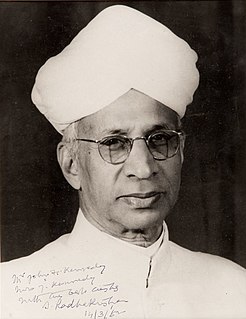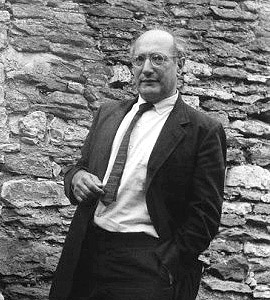A Quote by Orson Scott Card
Reasonable argument is impossible when authority becomes the arbiter.
Quote Topics
Related Quotes
...[sacred] doctrine is especially based upon arguments from authority, inasmuch as its principles are obtained by revelation: thus we ought to believe on the authority of those to whom the revelation has been made. Nor does this take away from the dignity of this doctrine, for although the argument from authority based on human reason is the weakest, yet the argument from authority based on divine revelation is the strongest.
But the Chief Justice says, 'There must be an ultimate arbiter somewhere.' True, there must; but does that prove it is either party? The ultimate arbiter is the people of the Union, assembled by their deputies in convention, at the call of Congress or of two-thirds of the States. Let them decide to which they mean to give an authority claimed by two of their organs. And it has been the peculiar wisdom and felicity of our Constitution, to have provided this peaceable appeal, where that of other nations is at once to force.
The usefulness of religion - the fact that it gives life meaning, that it makes people feel good - is not an argument for the truth of any religious doctrine. It's not an argument that it's reasonable to believe that Jesus really was born of a virgin or that the Bible is the perfect word of the creator of the universe.
The word "truth" itself ceases to have its old meaning. It describes no longer something to be found, with the individual conscience as the sole arbiter of whether in any particular instance the evidence (or the standing of those proclaiming it) warrants a belief; it becomes something to be laid down by authority, something which has to believed in the interest of unity of the organized effort and which may have to be altered as the exigencies of this organized effort require it.
God has ordained the state as a delegated authority; it is not autonomous. The state is to be an agent of justice, to restrain evil by punishing the wrongdoer, and to protect the good in society. When it does the reverse, it has no proper authority. It is then a usurped authority and as such it becomes lawless and is tyranny.
True gospel authority, the authority to heal and renew things and people, is not finally found in a hierarchical office, a theological argument, a perfect law, or a rational explanation. The Crucified revealed to the world that the real power that changes people and the world is an inner authority that comes from people who have lost, let go, and are re-found on a new level.
I shall not convert you at the end of my argument. I think the argument is sound. I hold that belief in God is not merely as reasonable as other belief, or even a little or infinitely more probably true than other belief; I hold rather that unless you believe in God you can logically believe in nothing else.





































